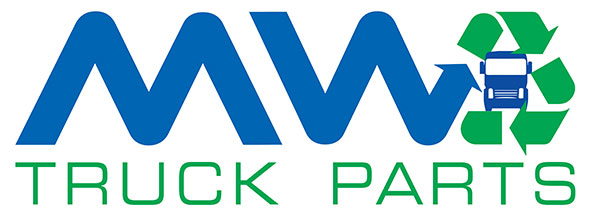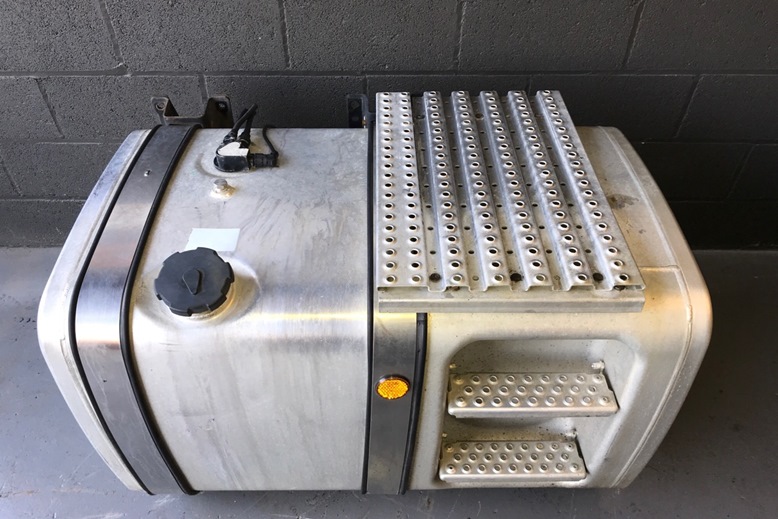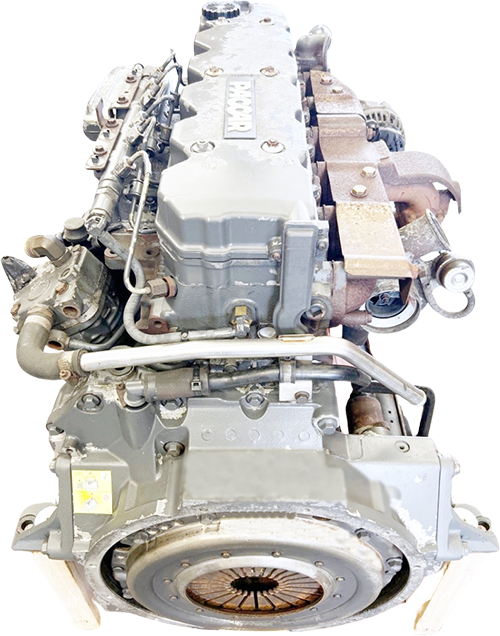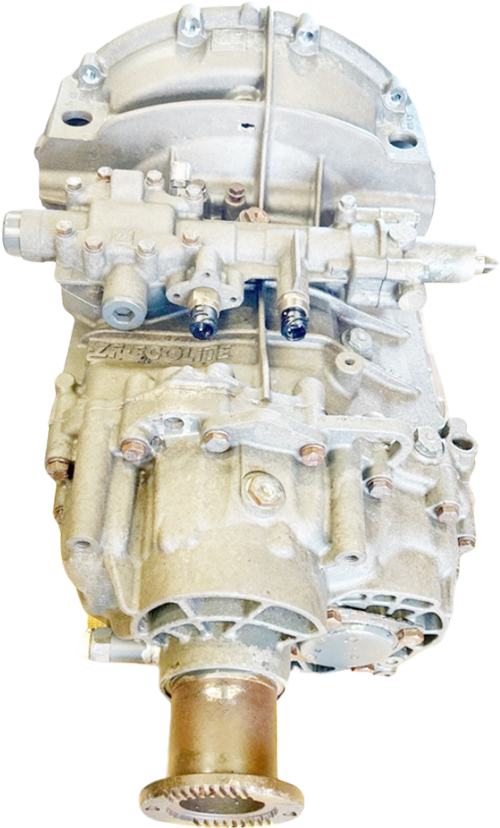In the near future, driverless trucks could automate hundreds of thousands of British jobs; or in other words, they could put some 600,000 out of work – and the technologies required for driverless trucks to work are already available.
Driverless lorries are already being trialled in the UK, for instance. The Department for Transport says they want to “’lead the way” for driverless trucks. However, while these trucks are being trialled, there are some serious concerns.
The cons of driverless trucks
A lot of people are going to lose their jobs – and driverless trucks are going to kill a whole career path. There are over 600,000 licenced HGV drivers in the United Kingdom. Imagine 600,000 people losing their jobs over the next 10 years.
Another con to driverless trucks is that there’s no guarantee whatsoever that there will be enough of them to make up a shortfall in revenue. It is estimated that £22.9 billion is generated every year by the road freight industry. That money goes to our Government who distribute it to respective authorities. That’s a lot of money to be gambling with.
But most importantly of all, there are logistics concerns. How, for instance, is a driverless truck going to deliver its load? The answer, of course, is with human intervention. So what’s the point, really, if a human being is going to have to regain some control?
The pros of driverless trucks
One of the key pros of driverless trucks is safety. Autonomous driving technologies have advanced considerably over the last 10 years. It is now possible for a vehicle to travel several hundred thousand miles without incident. By removing the human behind the wheel it is thought that driverless trucks could reduce the number of accidents on the road.
Another pro of driverless trucks is environmental. Trucks will be controlled by an ECU, without driver input, which will reduce emissions. Without unnecessary throttle input, the trucks will emit less CO2 and be more fuel efficient over the long-term.
Are driverless trucks the future then?
There’s no denying that autonomous driving has advantages; however, we can’t see it really coming to fruition with regards to the freight industry soon. The fact is, there’s too many people earning a living from this for anybody to steam in and take their jobs. Furthermore, regulatory barriers will always get in the way. Will driverless trucks have dedicated lanes on the motorway? How will they recognise start and stop traffic? These issues need addressing, and the fact is, they are all unimportant compared to the 600,000 people they will impact.










